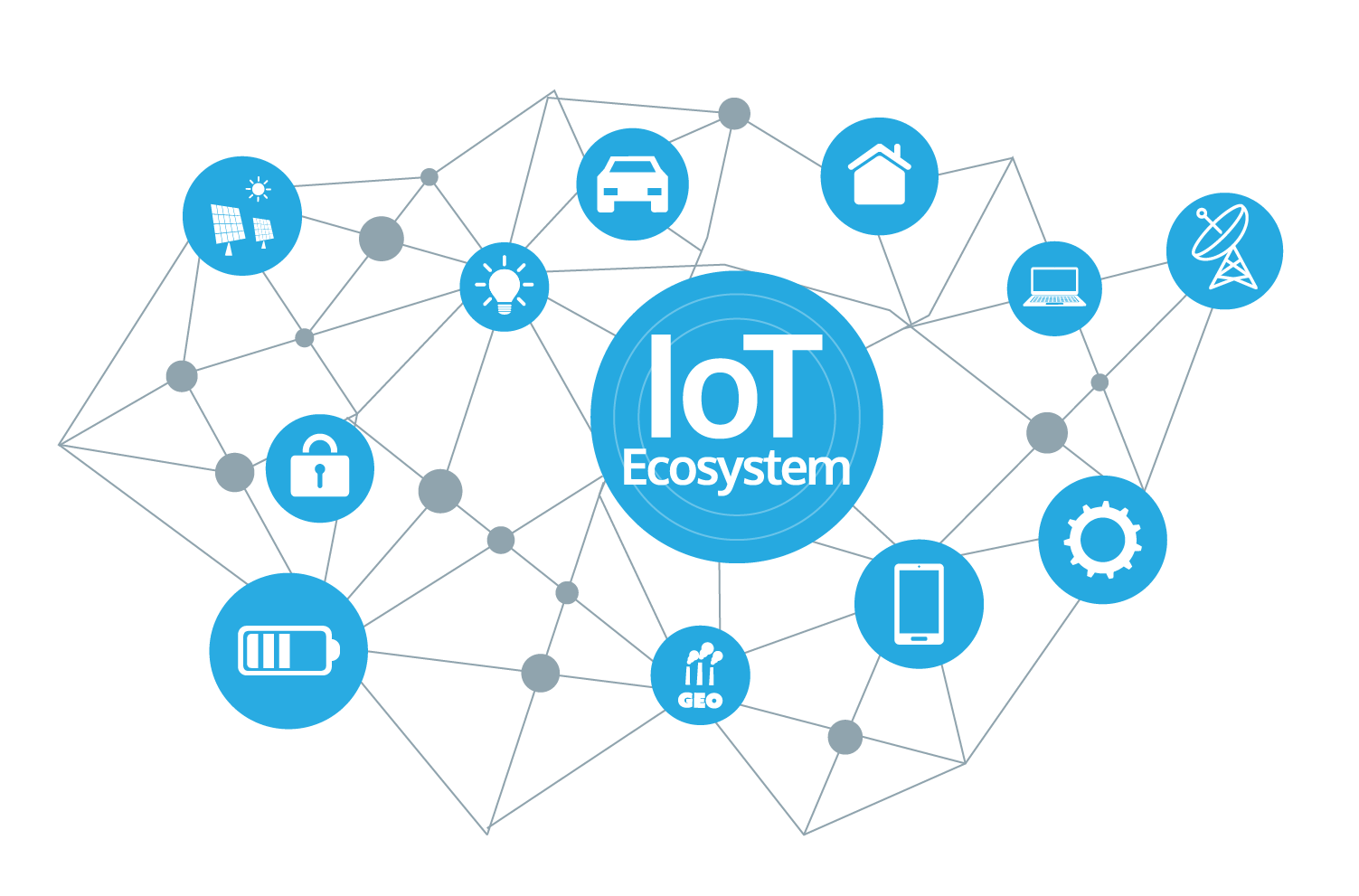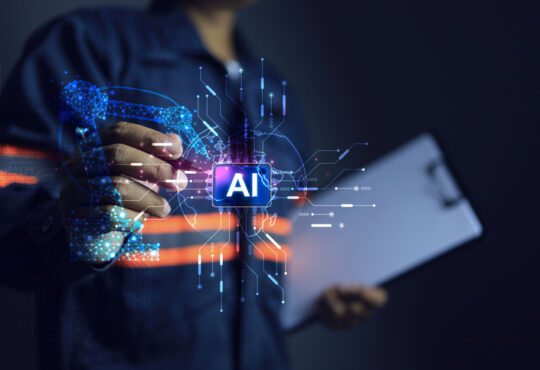
By Tanaz Buhariwalla
Digital technology and artificial intelligence research are intertwined with everything in the current technological climate. As such, Internet of Things (IoT) is one of the most important technologies of everyday life, and its popularity will continue as more businesses realize the potential of connected devices to keep them competitive. After years of hype and apprehension, IoT technology is poised to cross over into the mainstream and conventional business use. According to a McKinsey report, the number of businesses that employed IoT technologies have increased from 13% in 2014 to about 25% today. It is expected that 43 billion devices will be IoT-connected by 2023, an almost threefold increase from 20181.
This technology has revolutionized over the past six years, with each year adding immense market growth opportunities, across how we gather and apply data. IoT works on communication. Billions of objects are already part of the IoT, and each object is constantly sending, receiving, collating and analysing data, without human intervention. The result is a world that’s more connected, better informed, and better organized than ever before; in a system that adapts rapidly to changing conditions, therefore creating enormous potential in the commercial and private sectors.
Major sectors leading on IoT technology adoption include transportation, healthcare, energy, manufacturing and construction. In the transportation and manufacturing industries IoT technology is applied in asset tracking, predictive maintenance, condition monitoring, and quality control, supply chain management, monitoring traffic conditions and optimizing routes to reduce travel times. Some heavy machinery manufacturers are embedding sensors in their engines to track performance and fuel usage. Some manufacturers have successfully reduced fuel use and emissions dramatically, thereby improving the efficiency of the oil & gas and construction sectors globally. This example illustrates how IoT can impact change and have a positive impact on the environment.
In the medical sector, an example of IoT technology application is doctors and medical professionals monitoring vitals and the well-being of patients who live independently through the use of sensors and wearables (monitoring heart rate, respiratory rate, temperature etc). Caretakers are alerted if patients forget to take their medicine or do not leave their bedroom by a set time.
IoT adoption is growing in India. Enterprises do struggle with legacy setups, connectivity protocols, and high costs associated with large-scale IoT deployment, nevertheless the Indian IoT market is expected to expand at a CAGR of 13.2% from 2020 to 2025, as per Frost & Sullivan
The Indian government have also introduced/supported a number of initiatives including the Draft IoT Policy 2015, National Digital Communications Policy (NDCP), Smart Cities Mission 2015, IoT Centre of Excellence (CoE) by NASSCOM, MeitY and ERNET and the IoT lab, a partnership between IIT Delhi and Samsung.
A number of countries are leveraging IoT to drive business transformation including USA, China, Japan, Germany and Ireland. In Ireland alone, we witness a closely-knit IoT ecosystem with a wide range of players, across networks, infrastructure, and research and software development. There exists a rich ecosystem that enables IoT to flourish. Entrepreneurs, start-ups, and commercial partners are collaborating with universities and research centres.
Various governments across the globe are actively supporting the IoT and smart city sectors through funding and specific strategies. Governments are finding a more sustainable way to manage each factor of urban growth and identifying new ways to evolve, by investing in IoT. Ireland is no different. Various Irish government departments, like IDA Ireland and Enterprise Ireland, continue to work as enablers, facilitating the close interaction of academia and corporates including supporting research institutes focussing on the field of IoT. Many Irish companies are developing international reputations, largely abstracted in the industrial space. These companies are transforming into a small and highly specialized niche, formulating and providing solutions to a range of sectors that includes logistics, engineering, transport, utilities, and manufacturing. Besides the indigenous companies, global technology players such as Intel, Dell, Microsoft, HP, Google, Fujitsu, Tyco, Flextronics, Cisco, Analog Devices, Vodafone, PCH, IBM, EMC, SAS, and SAP (to name just a few) have a substantial presence in Ireland working on IoT technologies. These are supported by robust associate sectors like cybersecurity, communications, semi-conductor companies and telecom. The talent pipeline is fuelled by Irish universities offering IoT courses and there are newly qualified graduates entering the market each year.
This technology is helping drive economic growth and has the potential to improve the quality of life for many, while creating new opportunities for businesses and entrepreneurs. The transformational advantage will only increase as the technology will evolve and mature, expanding to benefit all, regardless of whether they live in urban cities or remote parts.

(The author is Tanaz Buhariwalla, India Director, IDA Ireland, and the views expressed in this article are





